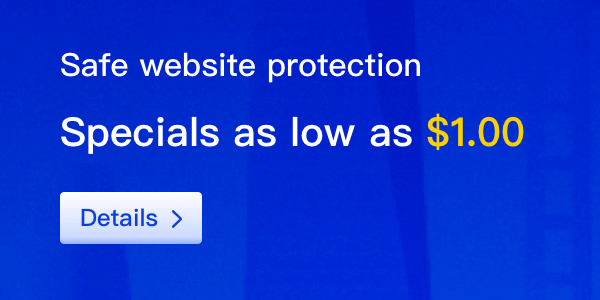As technology continues to advance, the future of SSL certificates is expected to bring significant trends and innovations. SSL certificates, also known as Secure Socket Layer certificates, play a key role in protecting online communications and transactions. In this blog post, we will explore some of the emerging trends and innovations shaping the future of SSL certificates.

1. Extended Validation (EV) Certificates
Extended Validation (EV) certificates are becoming increasingly important in the field of SSL certificates. These certificates provide the highest level of trust and security by verifying the legal and actual existence of the entity behind the website. EV certificates display a green address bar in web browsers, enhancing user confidence and increasing the credibility of the website.
2. Wildcard Certificates
Wildcard certificates are another trend shaping the future of SSL certificates. These certificates allow secure communication for multiple subdomains under a single domain name with just one certificate. As website complexity increases and subdomains are used for various purposes, wildcard certificates provide a cost-effective solution for protecting multiple subdomains.
3. Quantum-Resistant Cryptography
As the threat landscape evolves, the need for quantum-resistant cryptography becomes increasingly important. Quantum computers have the potential to break traditional encryption algorithms, putting current SSL certificates at risk. To address this challenge, researchers are developing quantum-resistant cryptographic algorithms that can withstand quantum computer attacks. Implementing quantum-resistant cryptography in SSL certificates will ensure the long-term security of online communications.
4. Certificate Transparency
Certificate Transparency (CT) is an initiative aimed at improving the security and credibility of SSL certificates. CT requires certificate authorities to publicly log all issued certificates, allowing website owners and users to monitor and detect any unauthorized or forged certificates. By increasing transparency in the issuance and use of SSL certificates, CT helps prevent malicious activities and enhances the overall security of the SSL ecosystem.
5. Automated Certificate Management
Managing SSL certificates can be a complex and time-consuming task. However, automation is revolutionizing the certificate management process. Protocols like Automated Certificate Management Environment (ACME), such as Let's Encrypt, simplify the issuance, renewal, and installation of certificates. This automation not only reduces the management burden but also promotes widespread adoption of SSL by making certificates more accessible and affordable.
In conclusion, the future of SSL certificates is filled with exciting possibilities and advancements. From extended validation and wildcard certificates to quantum-resistant cryptography and certificate transparency, the SSL field is continually evolving to meet the growing demands for security and trust. As organizations strive to protect their online presence and user data, understanding these trends and innovations is essential to fully leverage the potential of SSL certificates.






















